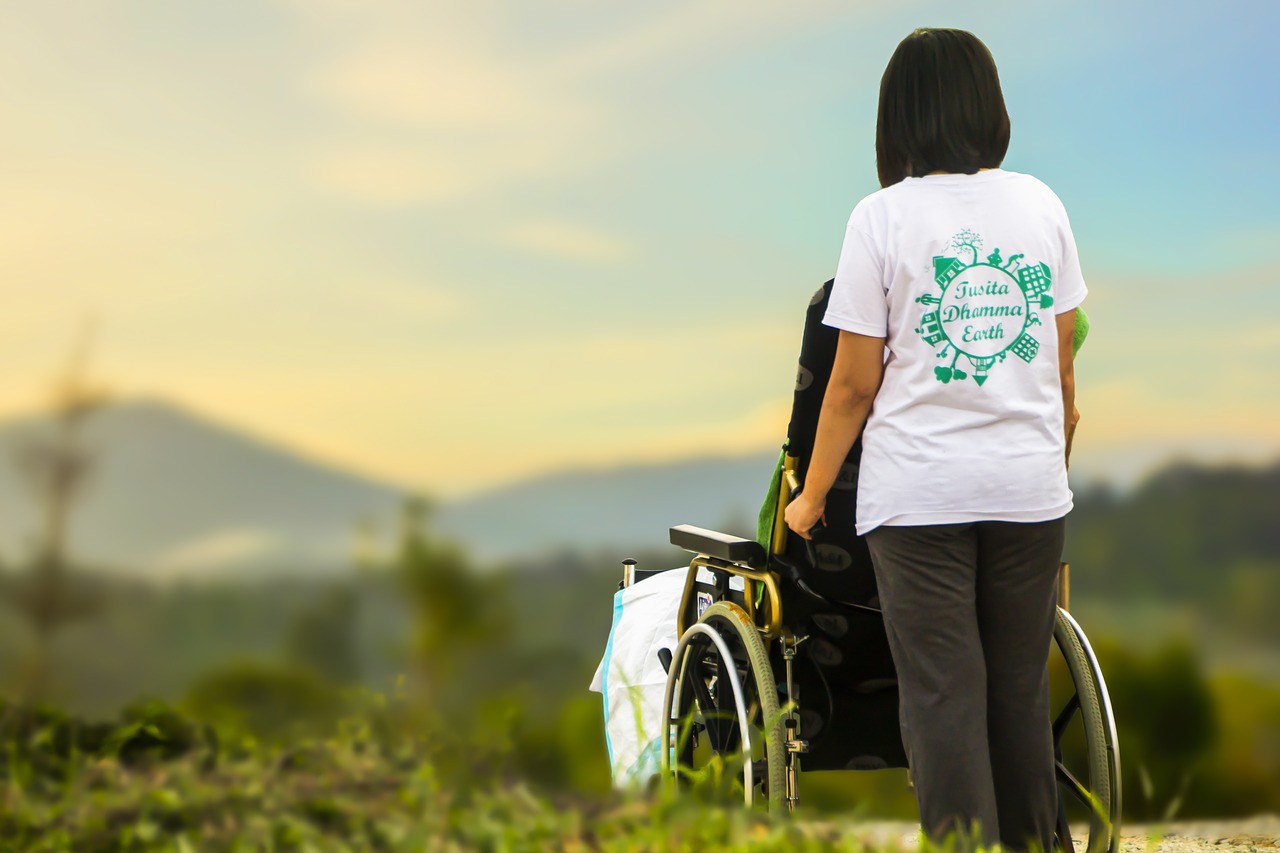
Unveiling the Uncommon: Navigating Life with a Rare Disease as an Older Adult
Life is a complex journey filled with unexpected twists and turns. For some older adults, this journey takes a unique path marked by the presence of rare diseases. Unlike more prevalent health conditions, rare diseases often pose distinct challenges due to limited understanding, resources, and support. In this article, we delve into the intricate world of navigating life as an older adult with a rare disease, shedding light on the experiences of those who face the uncommon.
Understanding Rare Diseases in Older Adults:
Rare diseases, by definition, affect a small percentage of the population. While they can manifest at any age, older adults grappling with these conditions often encounter distinctive hurdles. The scarcity of information and research on rare diseases can lead to delayed diagnoses and a lack of tailored treatment options for older individuals. These challenges underscore the importance of raising awareness and fostering a deeper understanding of rare diseases within the aging population.
The Emotional Journey:
Receiving a diagnosis of a rare disease can be emotionally overwhelming, especially for older adults who may already be grappling with various aspects of aging. The uncertainty surrounding the course of the disease, coupled with the potential isolation that comes with a lack of awareness, can contribute to heightened stress and anxiety. In this context, building a support network becomes crucial, not only for the affected individuals but also for their families and caregivers.
The Role of Caregivers:
Caregivers play a pivotal role in the lives of older adults with rare diseases. Often faced with the responsibility of managing complex medical needs and providing emotional support, caregivers must navigate a healthcare landscape that may not be well-equipped to handle the nuances of rare conditions. Education and training for caregivers become essential, empowering them with the knowledge and tools to provide the best possible care.
Building Awareness:
One of the significant challenges faced by older adults with rare diseases is the lack of awareness within the broader community. Advocacy and education initiatives become paramount in creating a more supportive environment. By sharing personal stories and raising awareness about rare diseases affecting older adults, individuals can contribute to a greater understanding within society and foster empathy and support.
Medical Advancements and Research:
Advancements in medical research and technology offer hope to those navigating life with rare diseases. Collaborative efforts between healthcare professionals, researchers, and affected individuals are essential to drive progress in understanding these conditions and developing targeted treatments. Encouraging participation in clinical trials and supporting research initiatives can pave the way for improved outcomes and a brighter future for older adults with rare diseases.
Coping Strategies and Quality of Life:
Despite the challenges posed by rare diseases, many older adults find strength in adopting coping strategies that enhance their quality of life. From mindfulness practices to support groups, exploring avenues that promote emotional well-being is crucial. Additionally, maintaining open communication with healthcare providers to address evolving needs and concerns is instrumental in adapting care plans for optimal outcomes.
Challenges in Accessing Healthcare:
Navigating the healthcare system can be a daunting task for older adults with rare diseases. Limited awareness among healthcare professionals, coupled with a lack of standardized care protocols, can lead to gaps in the provision of services. Advocacy for improved healthcare policies, increased medical training on rare diseases, and enhanced collaboration between healthcare providers and the rare disease community can address these challenges.
Empowering Older Adults:
Empowerment lies at the heart of navigating life with a rare disease as an older adult. By fostering a sense of agency and providing resources for self-advocacy, individuals can actively participate in decisions about their healthcare. Encouraging a proactive approach to managing rare diseases empowers older adults to take control of their journey and actively engage with their support networks.
Conclusion:
The journey of navigating life as an older adult with a rare disease is undeniably challenging, yet marked by resilience, hope, and the power of community. As awareness grows, so does the potential for improved research, healthcare practices, and overall quality of life for those affected by rare conditions. By unveiling the uncommon, we pave the way for a more compassionate and supportive society that recognizes and embraces the unique challenges faced by older adults with rare diseases.

